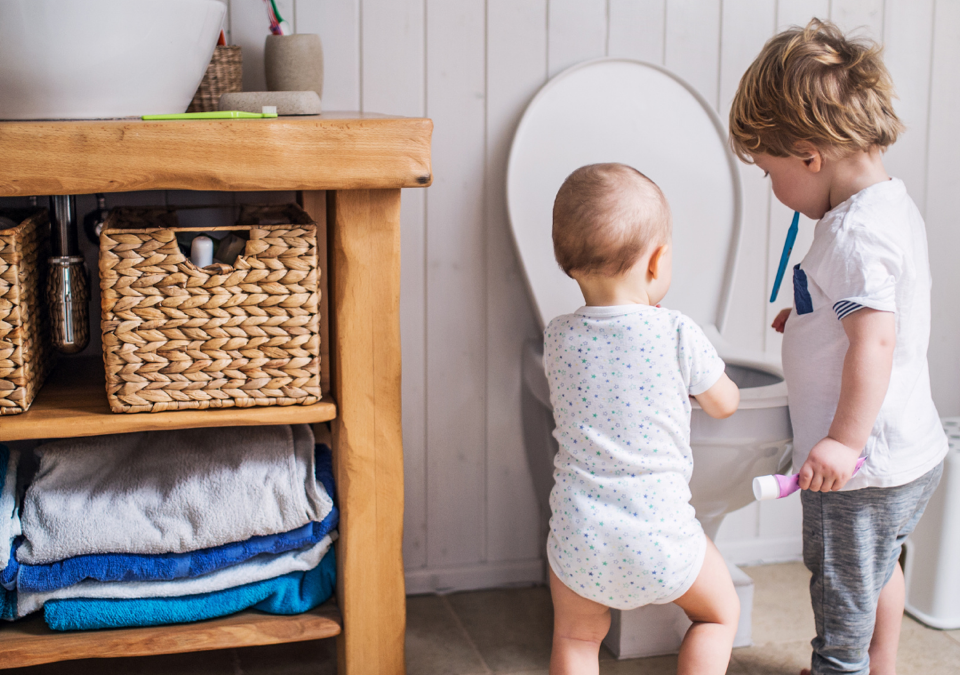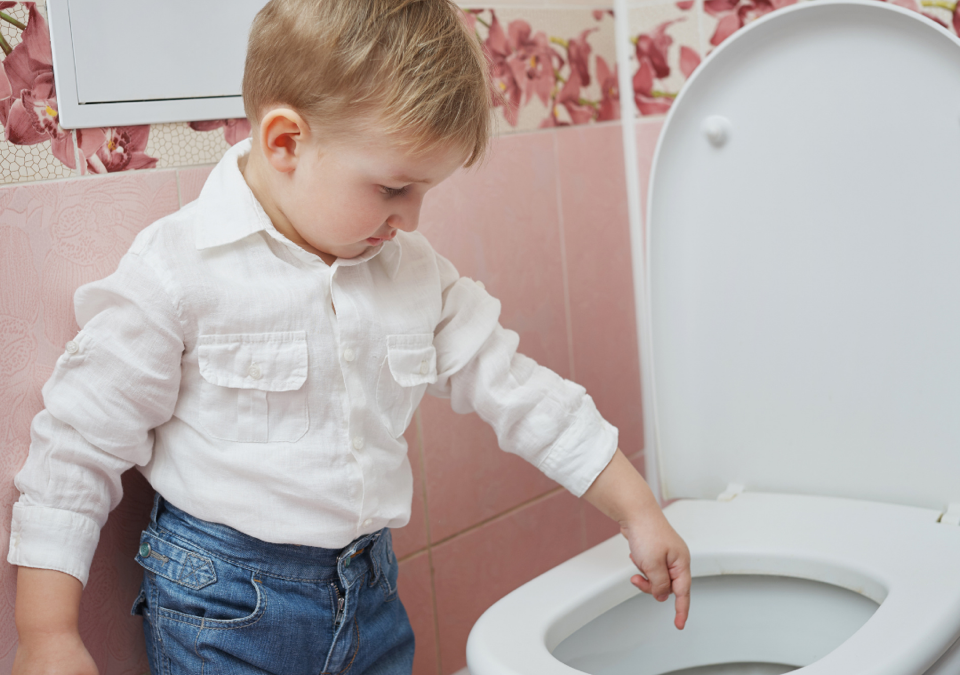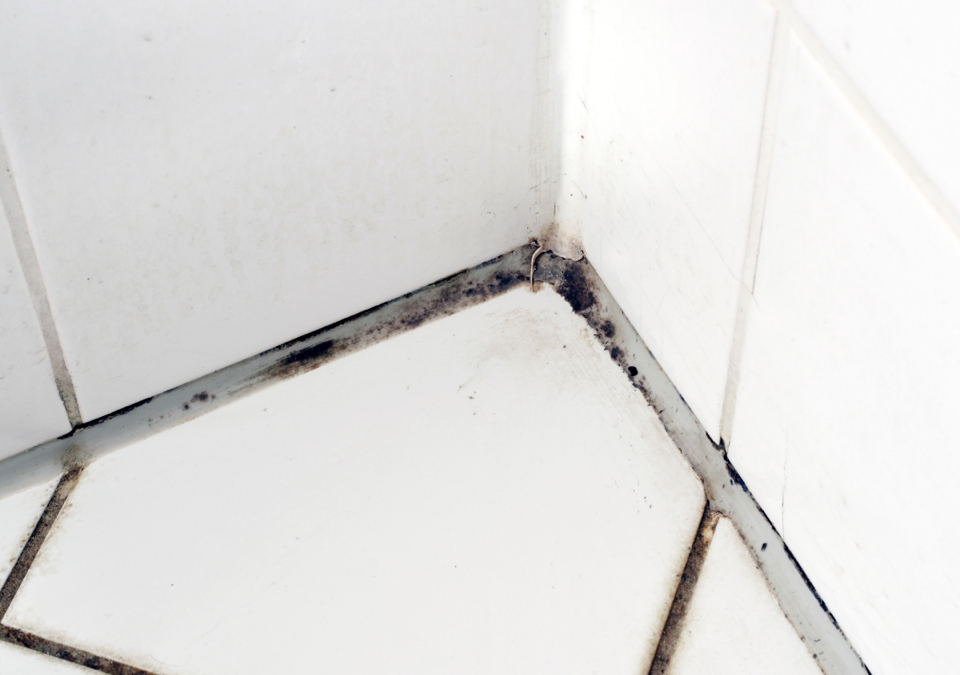

In our previous blog, Do not feed the monster in the kitchen sink. Bosman Plumbing shared another no-no list of what we should never dispose of in our sewer system.
Education is key. As industry experts with over 25 years of experience Bosman Plumbing has a dedicated team, a team with a wealth of experience from greywater management, kitchen and bathroom renovation, installations of dishwashers and washing machines to that must needed geyser upgrade.
Bosman Plumbing strives to educate its staff on future systems and provide them with the tools to provide clients with the best possible advice and service.
For the month of July, we will be looking at the plumbing of the future and introducing a little bit of history. Did you know that we can still view some of the building basics of the plumbing today? The Basilica Cistern in Istanbul was built in the 6th century during the reign of Byzantine Emperor Justinian I. Today it is kept with only a little water still flowing on its foundations for public access inside the space. In the past, it has hosted movie shoots and even musical performances and is eerily beautiful to behold.
As industry experts with over 25 years of experience Bosman Plumbing will be able to assist with all your clogs and sanitation needs.
OPEN 24HRS a day for your plumbing emergency!
Tel: 021 705 3969
083 658 1402
083 658 1401

Do not feed the monster in the kitchen sink
In our previous blog, You put it where? Bosman Plumbing shared the extensive no-no list of what we should never flush down our sewer system. There are other spaces in and outside our home that collect greywater into the main sewers, and those have a list of do not feed me.
Often, it’s not until a clog happens that we start to question who fed the sink and what is safe to pour down the drain. To prevent clogged pipes before they happen, consult the list of items below. To avoid reaching for the plunger or chemical drain cleaners or calling the plumber later, stop the disposal of coffee grounds and cooking oil down the drain now. Besides preventing clogs, proper disposal of some of these items will help keep your local water supply clean.
1. Grease and Oil – when grease cools, it thickens, which makes it thicker and leads to the risk of clogging your pipes.
2. Coffee Grounds – if your habit of pouring them down the sink every morning, it can build up. The good news: coffee grounds can be composted. Instead, add them to your compost heap or flowering beds.
3. Rice – If you have ever cooked rice before, you know that it expands in water. It is a simple equation. Rice = plus water = build-up = clog
4. Medications – never discard old medication down any drain; the chemical composition of water does not break them down properly, meaning the medication gets into the water and can cause toxic environmental effects. There are several different options for safe disposal. Check with your local pharmacy, which may have a medical waste disposal unit.
5. Cleaning Products and hazardous chemicals -To avoid water pollution, never pour harsh chemicals, like undiluted bleach or ammonia, down the drain.
6. Paint – Depending upon how much leftover paint you have, there are a few options for safe disposal—but pouring it down the drain is not one of them! For a small amount, leave it open and let it dry out before throwing it away. But for more significant amounts, you can try mixing it with kitty litter and allowing it to dry, turning it into a solid before disposing of it. Large quantities, if still usable, can be donated to charitable groups or, if spoiled, can be sent to the hazardous waste treatment centre.
7. Flour or leftover dough – When baking, always scrape excess flour or dough into the trash can before washing the bowls, measuring cups, or egg beaters at the sink. The dough can be sticky and, like gum and coffee grounds, could accumulate in twists and turns of your sewer system, causing build-up and clogs.
8. Eggshells – Even if you have a garbage disposal, eggshells should never be put down in the sink because the membrane of the shell is known to cause clogs. Instead, throw them in the trash or consider composting them.
Educate Little Harry and teach him rather feed the compost heap or the bin monster.
As industry experts with over 25 years of experience Bosman Plumbing will be able to assist with all your clogs and sanitation needs.
OPEN 24HRS a day for your plumbing emergency!
Tel: 021 705 3969
083 658 1402
083 658 1401
#bosmanplumbing #capetown #

You put it where?
In our previous blog, Mommy, where does the poop go? Bosman Plumbing helped us understand the ways of the sewer system. Little Harry was delighted with his impossible question being answered and then tried to send his little sister’s favourite stuffed toy to the land that turns poop into water.
It’s time for another lesson on what items and liquids are safe to flush and what should be placed on the no-no list for Little Harry.
The extensive No List.
1. Baby Wipes – Even if the product states flushable, never flush baby wipes, rather pop them in the wastebasket instead. With the frequency of use, the number of wipes can cause a problem. Wipes do not disintegrate the way toilet paper does and can eventually cause plumbing issues.
2. Q-Tips, Cotton Pads or Other Cotton Products – these are not safe to flush; they do not break down; they clump together in your pipes.
3. Menstrual Products – menstrual products (tampons, pads, etc.) absorb water, not break down in it, meaning they will only expand when you flush them. Best stay clear, especially in a home where a few people are using such items, and excessive flushing of menstrual products are on the top of our clogging call-out list.
4. Condoms – Plastic and plastic products are not designed to break down in the water, so flushing them can cause clogs in toilets and septic tanks.
5. Nappies – Just like menstrual products, diapers are meant to absorb water. Pop them in the wastebin bagged and tied to reduce any odour before disposal.
6. Dental Floss – this one has an extra no. It not only clogs your pipes but flushing dental floss can cause environmental damage. When the floss is flushed, it can turn into a net, catching and holding onto other debris as well as wrap around parts of your septic system and burn out the motor.
7. Paper Towels & Tissues – Not all paper products are designed to break down how toilet paper does. If it’s not toilet paper, rather dispose of it in another way.
8. Medication – never flush old medication. The chemical composition of toilet water does not break them down properly, meaning the medicine gets into the water and can cause toxic environmental effects.
9. Cigarette Butts – this one falls in the same category as medication. Not only can it cause clogs, but cigarette butts are also made of toxic chemicals, and that’s exactly what flushing cigarettes down the drain adds to the water.
10. Cat Litter- Some brands of cat litter claim to be flushable; however, most toilets don’t use enough water to move the litter along properly in your pipes. Even if the brand claims it’s flushable, don’t flush cat litter down the toilet. All it does is add more things to the water that make it harder to purify. Cat waste from the litter box should also not be flushed because the litter dehydrates the waste, and toilets are meant to flush water-soluble waste.
11. Hair – Like dental floss, hair can form a sort of net when you, in addition, hair never dissolves, so it creates more risk for clogging your system.
12. Gum – Flushing gum is a big mistake, as it is sticky and insoluble. Being sticky leads to an increased risk of clogging your pipes. It is also insoluble and never disintegrates, causing potential build up in your system.
13. Cooking Grease – when grease cools, it thickens, which makes it thicker and leads to the risk of clogging your pipes.
14. Dead fish and food – While it is biodegradable and will break down eventually, it has not been digested. The particles carried away could be heavier than the water load can push through the system, and these clogged materials produce gas and additional chemicals that will put your system at risk.
16. Bleach – this might come as a big surprise as you have probably used it to clean for a long time. Bleach is way too harsh of a chemical for your toilet and septic system. Certain chemicals can inhibit septic tank processes. Rather than focusing on cleaning stains with bleach, you may want to consider using vinegar instead or other specially made biodegradable products for your cleaning endeavours.
As industry experts with over 25 years of experience Bosman Plumbing will be able to assist with all your clogs and sanitation needs.
OPEN 24HRS a day for your plumbing emergency!
Tel: 021 705 3969
083 658 1402
083 658 1401
#bosmanplumbing #capetown #

Mommy, where does the poop go?
In our previous blog, Winter is coming; we explored Bosman Plumbing pre-winter checklist. All things warm and fuzzy have been moved from the back of the closet, and dry gum logs have been delivered by the truckload for the hearth. Mid-year has finally arrived, and the winter checklist finally completed. We gather the family, eat warm, nourishing soups and stews and nest.
With outdoor playtime reduced to almost zero, our resident toddler has found his little voice, its appearance unavertable, wherein the official stage of why and how and where.
Little Harry has just used the big boy toilet for the first time. Yay, Harry, but then the question all parents fear. Where does the poop go? To the magic poop farm? Into the ocean for the fishes to build their castles? Or, I do not know.
Our resident DIY expert takes little Harry on a special treasure hunt to Bosman Plumbing. There, one of the experts can draw little Harry a special treasure map and show him where it all goes.
The toilet flushes the waste down, and the sewer pipe from your house collects and removes other wastes from soapy water from baths and showers to water from washing dishes and clothes. Together, all these wastes are called “sewage”.
Water leaving our homes generally goes into a septic tank in the backyard, where it seeps back into the ground or is sent to a wastewater treatment plant through a sewer system.
All the waste accumulates in the city’s pipes, and after a few hours of separating, the top is skimmed off and processed into new reusable water, and the left-over sludge is processed in stages. Some cities process it into fertilizer for farmers to use; others incinerated or discarded it into waste landfills.
It is important to explain this process to Little Harry as we do need to know where our water comes from and how it’s used.
It’s also important to know that not everything is flushable down the toilet, and our little sister’s favourite stuffed toy cannot go to the magic poop farm.
OPEN 24HRS a day for your plumbing emergency!
Tel: 021 705 3969
083 658 1402
083 658 1401
#bosmanplumbing #capetown #

Not the Fungi on your plate
In our previous blog, Baby, it’s cold in the shower, we explored Bosman Plumbing, “welcome to winter” geyser checklist. As our pre-winter inventory continues, we have looked at drains and geysers. But what next, indeed, we should be done by now?
Yes and no.
During winter, many of our clients notice a build-up of mould and mildew in their bathrooms and showers.
Mould and mildew do share many similarities, from food, warmth, and moisture to grow and thrive in and the fact that they can pop up within 24 to 48 hours.
You can identify mould and mildew by a musty smell, visible mould growth, stains or discolouration, small leaks, and condensation. During winter, we sometimes have an increase in humidity, a decrease in ventilation, and noticeable condensation. These factors all contribute to additional growth and can be easily remedied.
Mould and mildew can affect our health and that of our family. With the following steps from Bosman Plumbing help, it is possible to evict these offenders during winter.
1. After taking a nice hot bath, using your kettle or stove, condensation appears on nonporous surfaces. Heat and moisture create the perfect breeding ground for mould and mildew. Open a window or use your bathroom fan for 20-30 minutes after, replacing hot and humid with cold fresh air to decrease humidity.
2. Keep an eye out for leaks from pipes and cutters and have them repaired as soon as possible.
3. An excellent way to prevent mould and mildew is to keep dry things dry. Regularly check and clean condensation on windows and tiles. Check behind your washing machine and dryer. And make sure they are professionally installed and ventilated.
4. Maintain Your Gutters- been there, done that and keep checking during winter. Fungi though delicious, should not be growing inside your home or gutters.
5. If you have a ceiling fan, consider rotating them clockwise to pull up cold and push down warmed air. It will help keep your house warm, reduce heating cost, and reduce humidity, creating more airflow.
6. Always consider good air quality and airflow. Try keeping interior doors open in your home, and remember to open windows regularly. As the temperature drops, we tend to close doors and windows without thinking how much moisture the air around us carries.
As industry experts with over 25 years of experience Bosman Plumbing is there to assist our clients with guidance, value added resources and extraordinary service. Give our team a call today should you need any pre-winter repairs done.
OPEN 24HRS a day for your plumbing emergency!
Tel: 021 705 3969
083 658 1402
083 658 1401
#bosmanplumbing #capetown #

Baby, it’s cold in the shower
In our previous blog, winter is coming; we explored Bosman Plumbing pre-winter checklist. Ladders have been pulled, gutters secured, and our external drains checked for bits of autumn debris that might clog all that wonderful rain. As part of our checklist, we continue through the home and hunker down the hatches and hoard the hot chocolate.
Unfortunately, nothing says “welcome to winter” more than a cold shower in the winter and with that, our geyser maintenance and health checklist continue.
- Modern geyser units heat water much faster than older models. During summer, units can be turned off to save costs on electricity. Unfortunately, this cost-saving measure during winter can place strain on the system and to avoid complete cooling down, a geyser blanket can be installed on newer and old models. If your system is without one, consider installing it.
- Did you know with proper insulation you can lower the temperature of your geyser and save on electricity? Water in a lower temp setting will heat faster, and the geyser will have to work less to output more heat: less power usage, less money on electricity.
- If you have a larger unit, the tank’s corrosion can take place, and the rod inside should be replaced every few years. It’s best to have this checked every few years by a specialist. Just add it to your checklist, like going to the dentist but less painful.
- Check the pressure valve and make sure there are no leaks.
- Inspect the power sockets and plugs for burn marks. Shorts and power surges can cause those.
Replacing an older unit with a more cost-effective geyser should be considered when there are plenty of signs of corrosion in your current system; newer material holds up better than older ones and outweighs the initial cost when the damages to a faulty or blown geyser can rise exponentially.
Consult Bosman Plumbing today for an expert opinion on geyser health and maintenance.
OPEN 24HRS a day for your plumbing emergency!
Tel: 021 705 3969
083 658 1402
083 658 1401
#bosmanplumbing #capetown #
